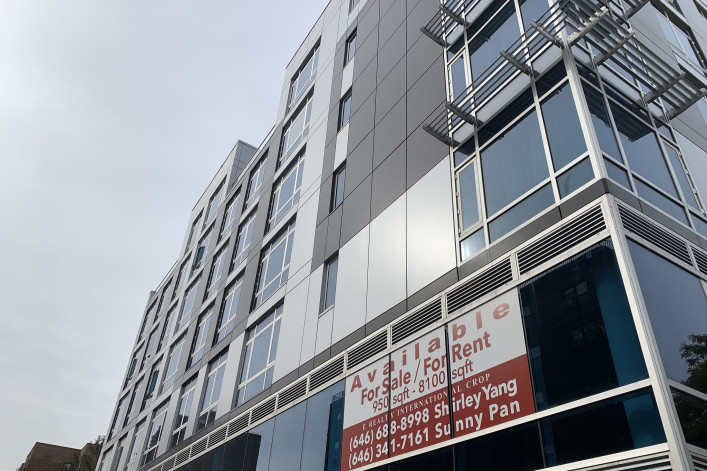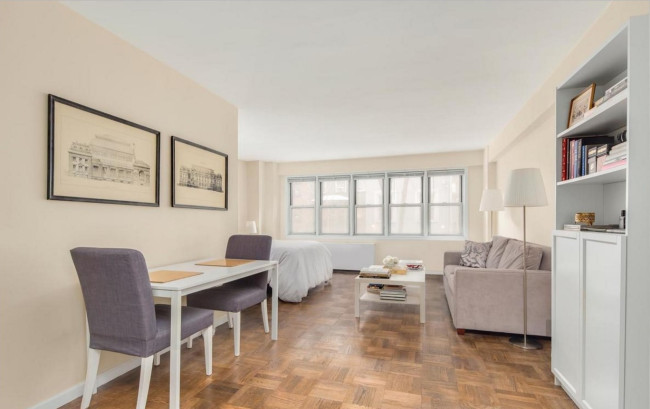How do I sell an apartment when a tenant is living there?

The buying pool for an apartment with a tenant in place is smaller than ever.
I left the city during the pandemic and rented out my apartment. Now I'm finding being a landlord way too stressful—and want to sell my place. How do I navigate this? Should I wait until my tenant's lease is up, or try to sell with my tenant in place?
You'll likely find that the buying pool is quite small for an apartment with a tenant in place, so it may be better to wait, our experts say. Even under ordinary conditions, sellers of occupied apartments can struggle to find a buyer, but these days the situation is even tougher.
"That market is even smaller now with the existing rent laws," says Michael J. Franco, a broker with Compass. The 2019 rent reforms strengthened tenant's rights and made evictions more difficult, among many other changes. In addition, New York State's ban on evictions (set to expire tomorrow—although it may be extended) has been discouraging to would-be landlords who see the impact of non-paying tenants.
Many buyers will not want to take on the responsibility of becoming landlords to an existing tenant, particularly amid pandemic uncertainty. Selling with a tenant in place can also create additional hurdles in showing the apartment to prospective buyers.
"Among other things, many tenants do not keep the property in tiptop shape. That will devalue your home," says Deanna Kory, a broker at Corcoran. "And the vast majority of buyers out there are looking to move in within the time frame of the two to three months it takes to close."
A buyer will have to wait for the tenant's lease to end before they can move in. And there's always a chance your tenant has could make it challenging for the new owner to get them out of the apartment when the time comes.
"The tenant might not like the idea of having to move when you sell, which would also give them reason to create obstacles for your broker and the sale process," says Armen Stevens, a broker at Warburg Realty.
All these potential complications could mean you're better off waiting until the tenant is out of the apartment. However, there are some buyers for whom it may not be an issue.
"If an investor is looking for an investment property, having a tenant in place could be seen as a positive," says Jeffrey Reich, a partner in the law firm of Schwartz Sladkus Reich Greenberg Atlas. "Any purchaser of the property would take the title subject to the terms of the lease, unless the lease contained a termination on sale clause."
This sort of arrangement could be convenient for a buyer who is not in a rush to move and is seeking a discount, as apartments with tenants in place will generally have a lower asking price than others. Some investors may see the appeal in simply collecting rent and waiting for the apartment's value to appreciate, and then flipping it once the tenant is out.
"If the apartment is condominium and the rent is high, then there is a chance you might be able to sell the apartment occupied to an investor," Kory says.
If you do decide to go ahead and list your apartment with your tenant still living there, have a conversation with them first about your plans.
"The owner should inform the tenant that they are selling and discuss showing opportunities and expectations, to avoid miscommunication or tension," says Gerard Splendore, a broker at Warburg Realty. "Usually, the biggest concern is how the apartment will show while the tenant is in place, particularly if the tenant is working at home or homeschooling."
Trouble at home? Get your NYC apartment-dweller questions answered by an expert. Send your questions to [email protected].
For more Ask an Expert questions and answers, click here.
You Might Also Like



























